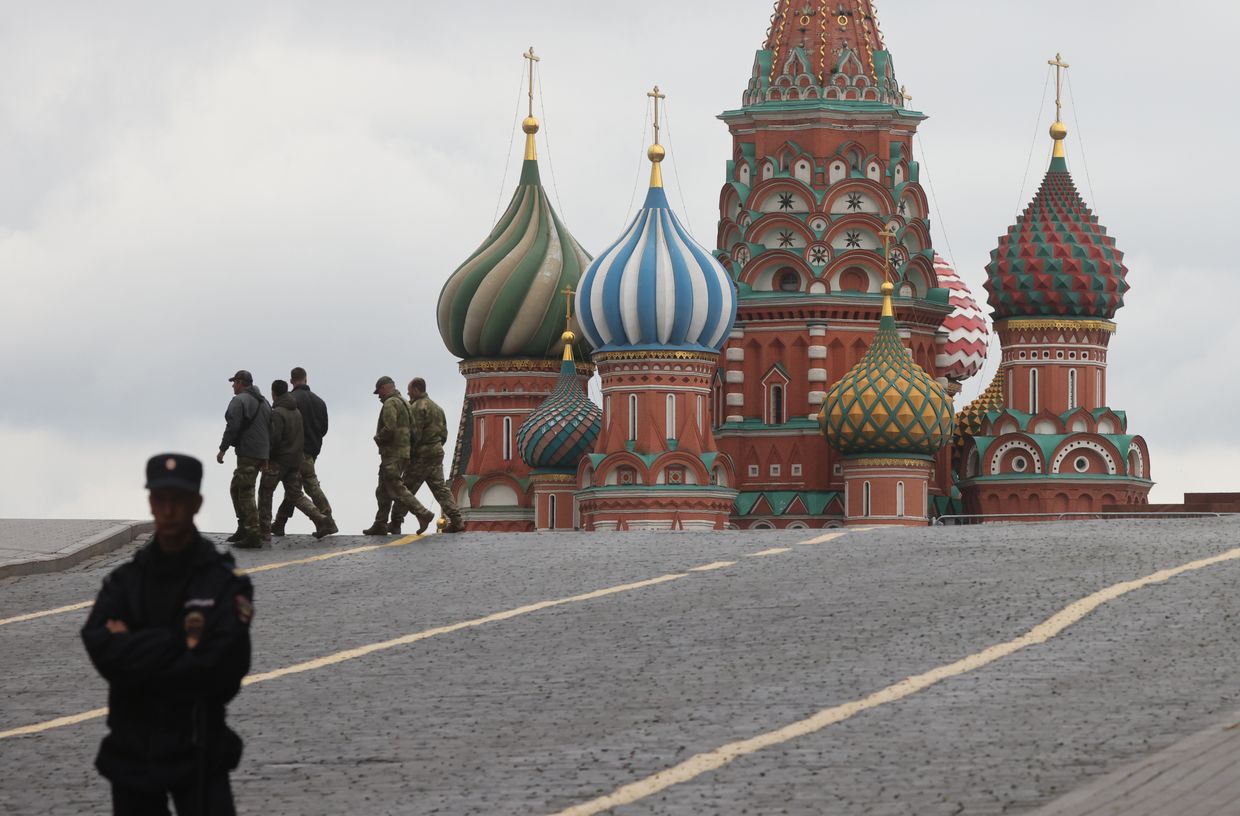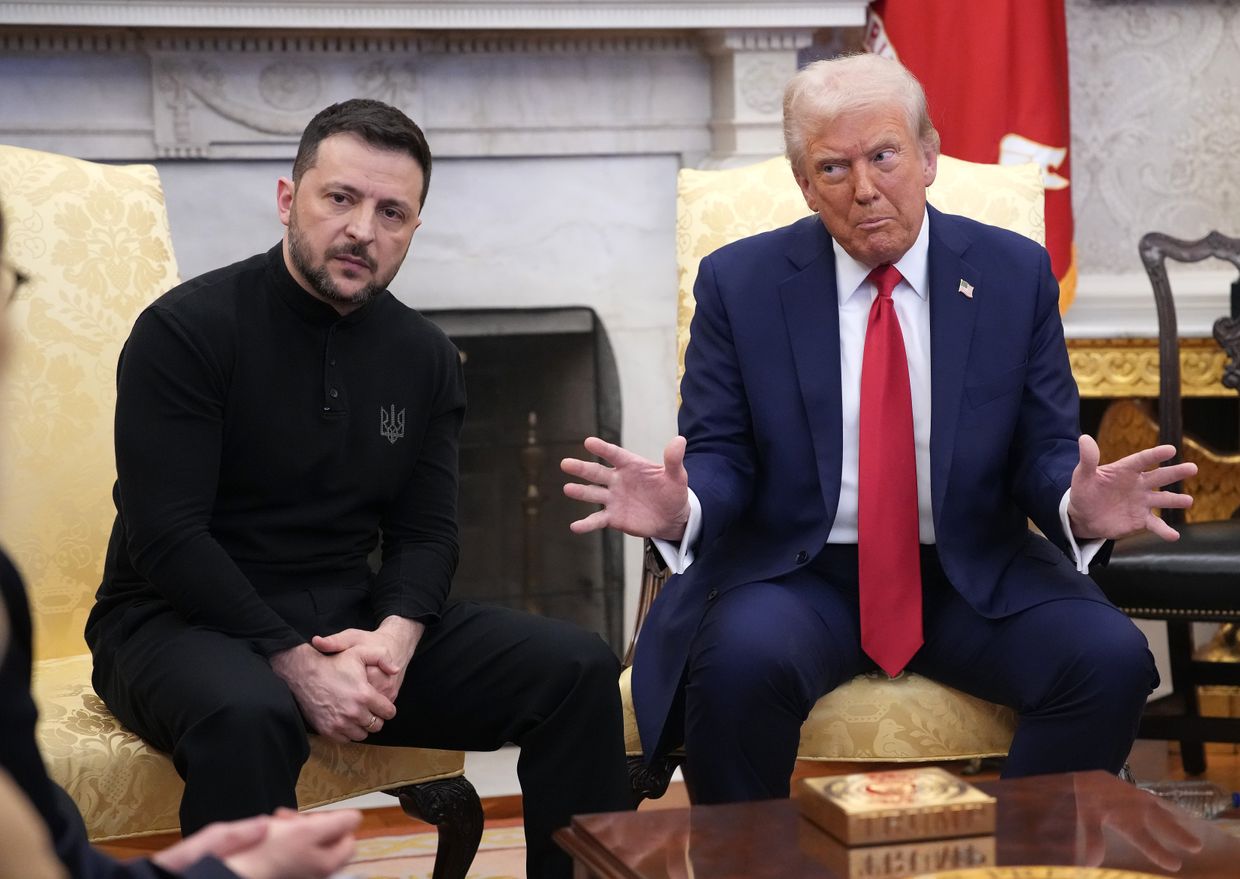NewsBeat
Russian negotiator to meet Trump envoy in US on April 2, media report

Russian negotiator Kirill Dmitriev is expected to meet Steve Witkoff, U.S. President Donald Trump’s special envoy to the Middle East, at the White House on April 2, CNN and CBS News journalist Sara Cook reported, citing their sources.
Dmitriev, who heads the state-controlled Russian Direct Investment Fund, played a role in backchannel diplomacy between Moscow and the Trump administration in 2016. He was appointed by Russian President Vladimir Putin as his representative for foreign economic relations and was involved in early U.S.-Russian negotiations in Riyadh in February.
The U.S. temporarily lifted sanctions on Dmitriev to grant him a visa, making him the first high-level Russian official to visit the U.S. since Russia’s full-scale invasion of Ukraine in 2022, according to CNN and Cook.
Both Dmitriev’s representatives and the U.S. government declined to comment on the visit when approached by CNN. Kremlin spokesperson Dmitry Peskov confirmed the trip was possible.
Dmitriev is active on X, a platform banned in Russia, where he has expressed support for Trump and tech billionaire Elon Musk, a known Trump ally.
His visit signals the Trump administration’s push to restore ties with Moscow amid efforts to broker a swift peace deal in Ukraine.
Half of Russians back temporary ceasefire in Ukraine, poll shows
The Levada Center survey found that 26% of respondents strongly support a truce, while 24% “somewhat support” it. Meanwhile, 41% oppose the idea, including 25% who strongly reject it.

Dmitriev claimed on March 31 that Washington and Moscow were discussing potential economic cooperation, particularly in the extraction of Russia’s rare earth minerals.
Trump’s presidency has marked a shift in Washington’s Ukraine policy, with no new aid packages approved for Kyiv and previously allocated assistance temporarily frozen on March 4 to pressure Ukraine into negotiations.
The U.S. and Ukraine agreed to a full ceasefire on March 11, but Russia rejected it, accepting only a limited truce on strikes against energy infrastructure and military operations in the Black Sea.
Kyiv has since accused Moscow of violating the energy ceasefire, while the Black Sea truce remains uncertain as Russia links its continuation to sanction relief.
While Trump has repeatedly praised his relationship with Putin, he took a more critical tone on March 30, accusing Moscow of stalling ceasefire talks and fixating on President Volodymyr Zelensky’s credibility.
Ukraine’s sovereignty at stake in the US minerals deal
If you thought the United States’ first minerals deal with Ukraine was bad, the new version reads even worse. This one makes the previous deal look like charity by comparison. Check out the Financial Times piece and the link to the leaked document. Some might call it extortion; others might

(function (d, s, id) {
let js, fjs = d.getElementsByTagName(s)[0];
if (d.getElementById(id)) return;
js = d.createElement(s);
js.id = id;
// @ts-ignore
js.src = "https://connect.facebook.net/en_US/sdk.js";
// @ts-ignore
fjs.parentNode.insertBefore(js, fjs);
}(document, 'script', 'facebook-jssdk'));
Source link
